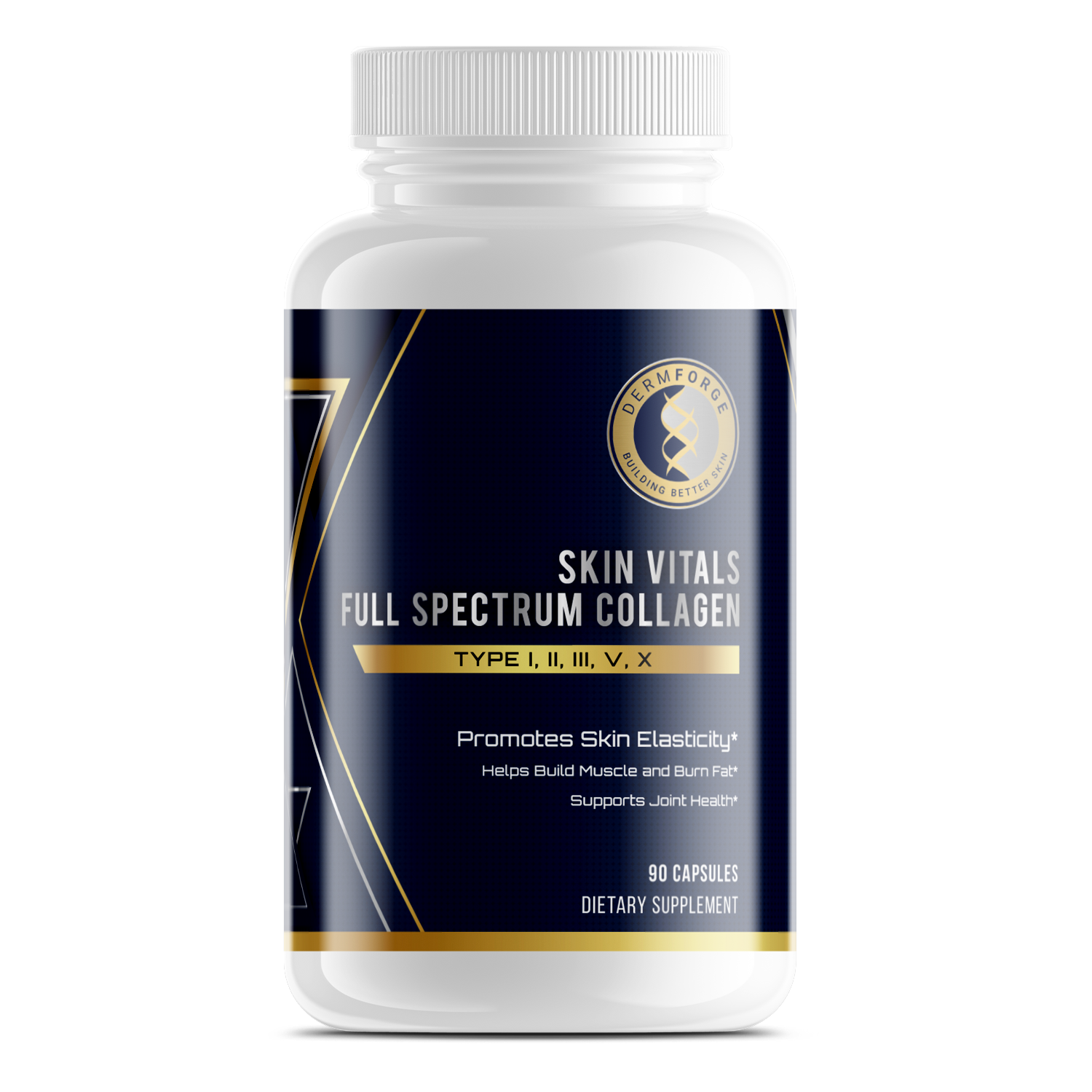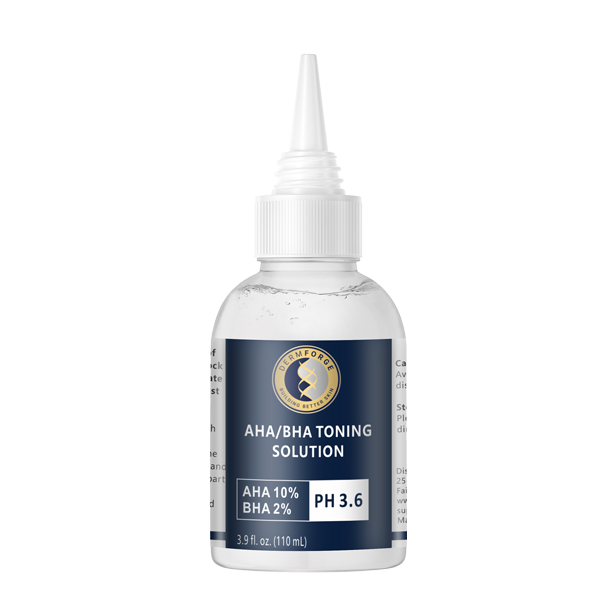Creating an effective skincare routine can feel overwhelming, but understanding the basics makes the process easier and more manageable. Each skin type has unique needs, and tailoring your approach ensures better results. Additionally, the right combination of products and habits can protect and enhance your skin’s natural health.
However, skincare isn’t just about products. Factors like hydration, sleep, and diet also play a role in how your skin looks and feels. Therefore, combining a thoughtful routine with healthy lifestyle choices delivers the best outcomes. With these effective skincare routines explained, you can confidently build a regimen that works for you.
Consistency is key to seeing long-term benefits. By focusing on your skin’s specific needs and avoiding common mistakes, you can achieve noticeable improvements. A well-planned routine is your first step to healthier, more radiant skin.
The Basics of Building a Skincare Routine
Establishing a skincare routine involves three essential steps: cleansing, moisturizing, and sun protection. Cleansing removes impurities, excess oil, and makeup, preparing your skin for subsequent products. Use a gentle cleanser suited to your skin type to avoid irritation. Moisturizing maintains hydration, keeping your skin soft and supple. Choose a moisturizer that matches your skin's needs, whether it's lightweight for oily skin or richer for dry skin. Sun protection is vital to shield your skin from harmful UV rays, preventing premature aging and damage. Apply a broad-spectrum sunscreen with at least SPF 30 daily, even on cloudy days.
Customizing your routine to your skin type enhances its effectiveness. For oily skin, opt for a foaming cleanser to control excess oil and a lightweight, non-comedogenic moisturizer to prevent clogged pores. In contrast, dry skin benefits from a creamy cleanser that adds moisture and a hydrating moisturizer containing ingredients like hyaluronic acid or glycerin. Combination skin requires balancing both oily and dry areas; a gentle cleanser and a moisturizer that isn't too heavy or too light can help maintain equilibrium. Sensitive skin needs products free from fragrances and harsh chemicals to minimize irritation. Identifying your skin type is the first step to creating an effective skincare routine, as it will help you select the right products suitable for your specific skin needs.
Understanding your skin's unique needs allows you to select products that address specific concerns, leading to a healthier complexion. By following these foundational steps and tailoring them to your skin type, you can establish a routine that supports your skin's health and appearance. This is how effective skincare routines are explained and implemented for optimal results.
Understanding Different Skin Types and Their Needs
Understanding your skin type is essential for creating an effective skincare routine. Oily skin often looks shiny and feels greasy throughout the day. This type benefits from lightweight, non-comedogenic products that help control excess oil without clogging pores. Additionally, using a gentle cleanser can prevent over-stripping the skin, which may cause more oil production.
Dry skin feels tight and may flake or appear dull. To address this, you should focus on deeply hydrating products. Look for moisturizers containing ingredients like ceramides and hyaluronic acid, which help restore moisture and repair the skin barrier. Furthermore, avoid harsh cleansers that can exacerbate dryness.
Combination skin presents challenges because it features both oily and dry areas. Typically, the T-zone is oilier, while the cheeks are dry or normal. Therefore, you may need to use a balanced approach, including products that hydrate without being too heavy. Additionally, targeting specific areas with tailored treatments can enhance your results.
Sensitive skin is prone to redness, irritation, and reactions to products. To care for it, choose fragrance-free and hypoallergenic options. Furthermore, incorporating calming ingredients like aloe vera or chamomile can help soothe discomfort. Avoid over-exfoliating or using products with strong active ingredients, as these can trigger sensitivity.
By identifying your skin type and its specific needs, you can tailor your products and routine effectively. Understanding these variations helps you select the right approach to maintain healthy, glowing skin. With these effective skincare routines explained, you can confidently address your skin’s unique concerns.
Morning vs. Evening Skincare Routines
Morning and evening skincare routines serve different purposes, making it important to adjust your products and goals accordingly. In the morning, your routine should focus on protection and hydration. Additionally, preparing your skin for the day’s environmental stressors helps prevent damage and maintain a healthy glow. This approach ensures that your skin stays supported throughout the day.
A morning routine typically includes cleansing to remove any oil or impurities that accumulate overnight. Following this, apply a hydrating serum to maintain moisture levels and support your skin barrier. Most importantly, sunscreen is an essential step to protect against harmful UV rays. If you wear makeup, using a lightweight moisturizer and sunscreen can help your skin stay fresh.
Evening routines focus on repairing and rejuvenating your skin while you rest. During the night, your skin’s natural repair processes are most active. Therefore, this is the ideal time to include products that address specific concerns like fine lines, dullness, or uneven tone. Start with a gentle cleanser to remove makeup, sunscreen, and debris from the day.
After cleansing, you can incorporate treatments like retinol or AHAs to promote cell turnover and target aging concerns. However, it’s important to follow these with a nourishing moisturizer to prevent dryness. Night creams or oils with hydrating and reparative ingredients, like ceramides or peptides, work well for this step.
Understanding the differences between AM and PM routines allows you to target specific needs effectively. With these effective skincare routines explained, you can create a balanced approach to care for your skin at all hours. A consistent regimen tailored to these goals keeps your skin healthy and radiant.
The Role of Active Ingredients in Skincare
Active ingredients are the backbone of many skincare products, delivering targeted results for specific concerns. Retinol is one of the most well-known actives. It encourages cell turnover, which helps reduce fine lines and improve skin texture. Additionally, it supports collagen production, making it effective for aging skin. However, start with a lower concentration to minimize irritation and build tolerance over time.
Vitamin C is another popular ingredient, particularly for brightening and protecting your skin. It helps neutralize free radicals caused by environmental stressors. Therefore, it’s often recommended for use during the day under sunscreen. AHAs, like glycolic acid, exfoliate the skin to improve texture and reduce pigmentation. These actives work well for dull or uneven skin tones but should be used sparingly to avoid over-exfoliation.
Layering active ingredients requires care to prevent irritation. For example, avoid using retinol and AHAs in the same routine, as both can be too harsh together. Instead, alternate their use on different days or times of day. Additionally, always apply lighter, water-based products first and follow with thicker, oil-based ones. Using sunscreen is essential when incorporating actives, as many increase your skin’s sensitivity to the sun.
Knowing how to use active ingredients safely enhances their benefits while minimizing potential side effects. By integrating them thoughtfully, you can address multiple skin concerns effectively. With these effective skincare routines explained, you’ll have a clear path to achieving healthier, radiant skin through active ingredients.
How Lifestyle Factors Affect Skincare Results
Your lifestyle choices significantly impact your skin’s health and the effectiveness of your skincare routine. Diet plays a major role in maintaining a glowing complexion. Eating nutrient-rich foods, like fruits, vegetables, and omega-3 fats, supports your skin’s natural repair processes. However, consuming excessive sugar or processed foods may contribute to inflammation and breakouts.
Hydration is equally important for healthy skin. Drinking enough water helps maintain your skin’s elasticity and keeps it looking plump. Additionally, proper hydration supports the skin barrier, which protects against environmental damage. If you often experience dryness, increasing your water intake can complement your topical products.
Sleep is another critical factor that influences your skin’s appearance. During sleep, your body repairs itself and produces collagen, which reduces wrinkles. However, poor sleep patterns may lead to dullness, dark circles, and increased stress levels. To maximize your skin’s recovery, aim for seven to nine hours of quality sleep each night.
Managing stress is essential for keeping your skin calm and balanced. High stress levels can trigger hormonal changes that cause acne or inflammation. Therefore, incorporating stress-relief practices like exercise, meditation, or even short breaks during the day can make a difference. Supporting your mental health positively affects your skin.
Adopting healthy habits enhances the benefits of your skincare routine and promotes long-term results. With these effective skincare routines explained, it’s clear that a holistic approach strengthens your skin’s overall resilience. Small lifestyle adjustments combined with consistent care can lead to noticeable improvements in your skin’s appearance.
Common Skincare Mistakes to Avoid
Many common skincare mistakes can undermine your routine, even when you use quality products. Over-exfoliation is one such issue. Exfoliating too often or with harsh products can strip your skin’s natural barrier, leading to dryness and sensitivity. If your skin feels tight, red, or irritated, consider reducing exfoliation to one or two times per week. Additionally, opt for gentler options like lactic acid or enzyme-based exfoliants.
Skipping sunscreen is another frequent mistake that accelerates skin aging and increases the risk of damage. Even on cloudy days or indoors, harmful UV rays can affect your skin. To avoid this, use a broad-spectrum sunscreen with at least SPF 30 daily. Reapply every two hours if you’re outdoors for extended periods. Sunscreen is essential to protect your skin and maintain a youthful appearance.
Product misuse, such as combining incompatible ingredients, can also hinder your results. For example, layering strong actives like retinol and AHAs in the same routine may cause irritation. Therefore, alternate their use between days or morning and night to give your skin time to adjust. Always read product instructions carefully and introduce new items gradually to observe how your skin reacts.
Recognizing these common mistakes and making adjustments improves your skincare outcomes significantly. By understanding these effective skincare routines explained, you can avoid pitfalls and build a routine that works for your unique needs. Simple changes, like using sunscreen consistently or scaling back exfoliation, can make a noticeable difference in your skin’s health and appearance.
Conclusion
Achieving healthy, radiant skin requires a consistent and thoughtful approach. By understanding your skin’s needs, you can tailor your routine effectively. Additionally, incorporating proper products and habits ensures that your efforts deliver lasting results. Avoiding common mistakes, like over-exfoliation or skipping sunscreen, helps protect and enhance your skin’s natural resilience.
However, effective skincare goes beyond products alone. Lifestyle factors, such as hydration, diet, and sleep, play a significant role in your skin’s overall health. Therefore, combining good habits with a personalized routine creates the best foundation for long-term results.
With these effective skincare routines explained, you now have the tools to address your unique concerns. By staying consistent and making informed choices, you can support your skin and achieve noticeable improvements over time.






